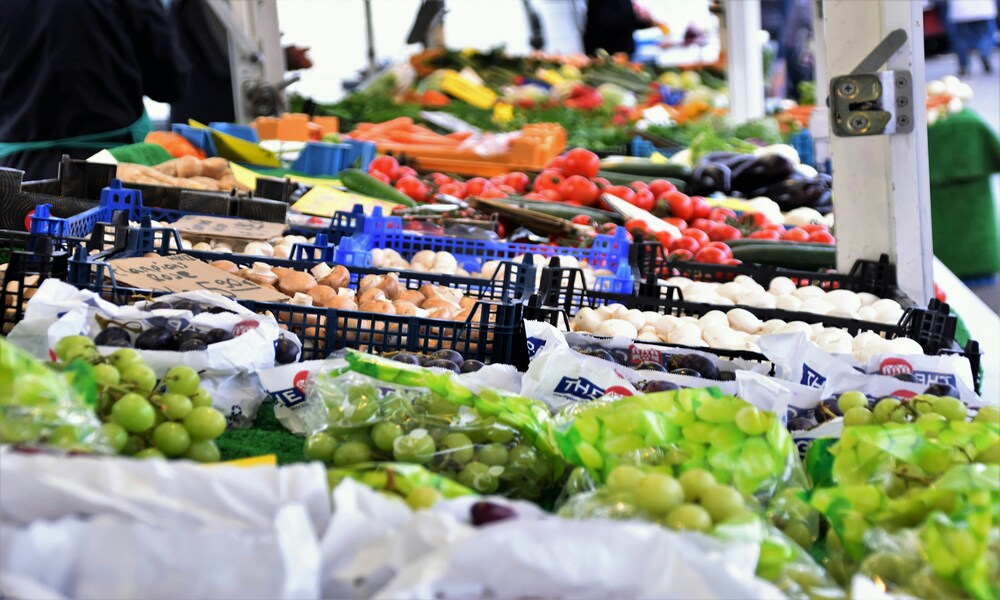In this month’s instalment of The Inside Track, I want to talk about the need for UK agriculture to be more trade orientated so we can all benefit from the wealth and wellbeing it creates.
Recently I caught up with a businessman I know pretty well from Australia who is involved in their grain industry.
I asked him how things have been, and he spoke about the good harvests they’ve had in the last three years and the strength of the demand side of their trade. They have opened up new markets in India for lentils and, across large parts of Australia, lentils are now being grown instead of wheat. The lentils, it turns out, are worth more. The conversation made me think about how export-led countries like Australia are much more focused than the UK on what can make trade work more effectively. They aren’t wrapped up in the minutiae of legislation and what the government is or isn’t going to tell them to do; they are flexible, agile, and focused on creating their own destiny.
In the UK, we have these opportunities, and whilst they’ve become greater since we left the EU, it feels we are out of practice at identifying and working together to deliver trade. When trade opens up and flows, it brings people together. There are always going to be obstacles, but it’s worth collaborating to find common ground. Looking back in history, it’s clear that society benefits from trade, creating wealth and wellbeing for communities-in the UK we need to have a greater laser focus to unlock trade.
The difficulties of making trade work across borders
Following this conversation, I came across an organisation called the Global Forum for Farm Policy and Innovation (GFFPI), which was founded in 2022. It’s a collaborative platform created by four leading independent agricultural institutes including The Canadian Agri-Food Policy Institute, The Australian Farm Institute, the Farm Foundation in the US, and the Forum for the Future of Agriculture which is an EU body. Its focus is policy development that delivers better outcomes for sustainable agricultural trade worldwide.
The GFFPI released a report in January this year, highlighting the tensions between trade policy and agricultural sustainability. It argues that as individual countries start to implement policies to increase the sustainability of their food and agricultural industries, barriers to trade are created leading to unintended consequences for productivity, efficiency, sustainability, and the environment.
While achieving sustainability in global food systems is becoming undoubtedly more urgent, there is a lack of consensus on how to make it a reality in a way that will work across borders. That’s why the GFFPI’s initial focus is on trying to develop sustainability standards for international trade; something that is not easy when you are dealing across jurisdictions and every country is trying to sort their own issues out.
The need for collaboration and welcoming trade with open arms
For me, we in UK agriculture need to be more trade orientated. Countries like Australia and the US are so open to making things work, ensuring collaboration between responsible government departments and alongside business in an environment of mutual respect and shared goals.
We need more of that agility, focus, and flexibility in the way we identify and build trade opportunities. For RDP as a business, we’re talking to people in other parts of the world and it’s really making us think. If government and industry worked more closely and we had an intense focus and a can-do attitude, imagine what we could achieve.





